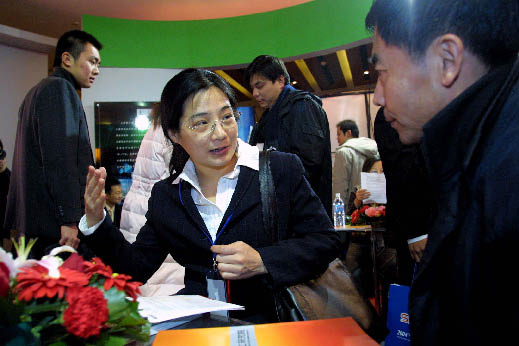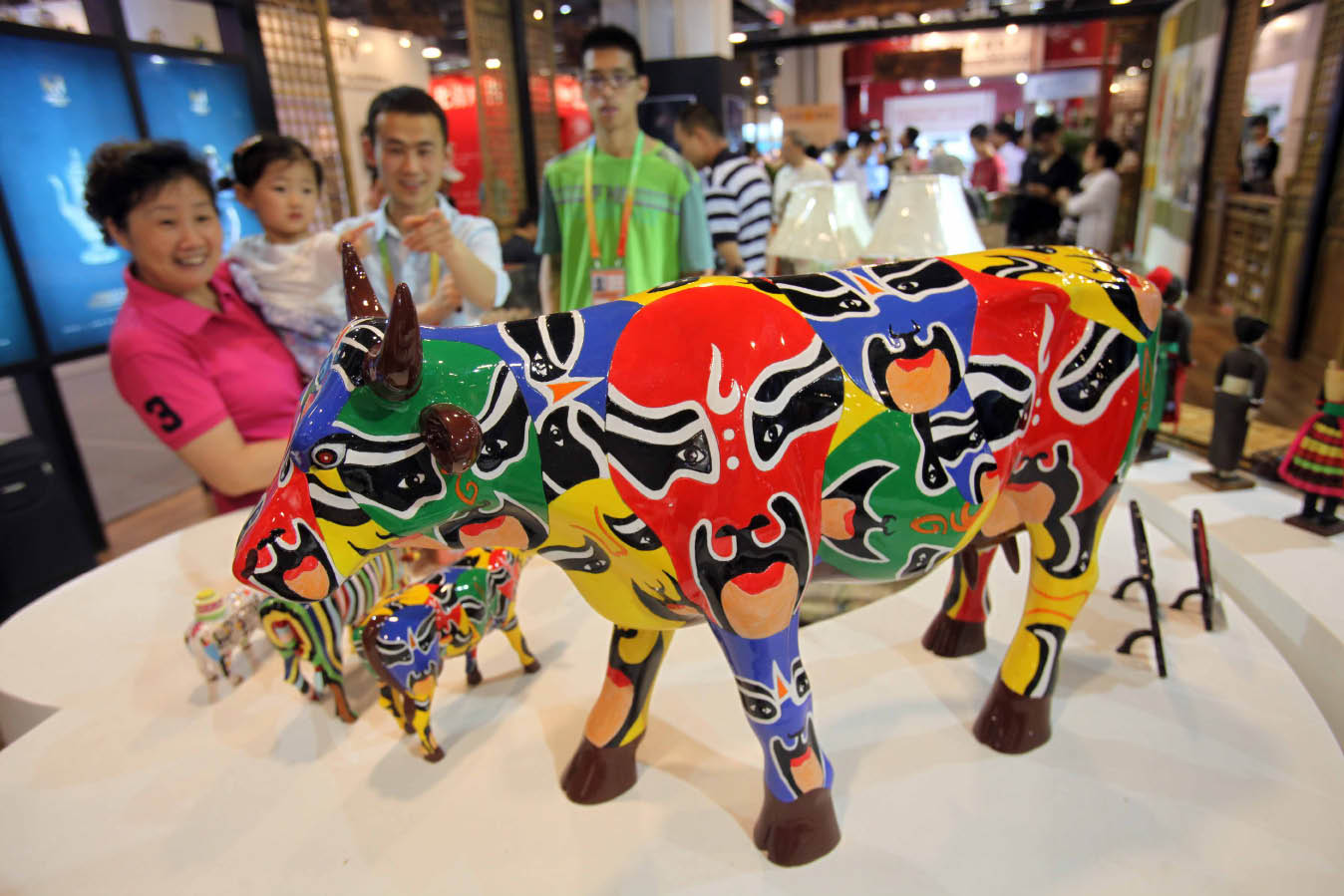|
Mutual Adaptation
"Although Chinese enterprises and even state-owned companies have shown a tremendous appetite for overseas talent, multinationals remain the first choice for returnees," Larry shares his analysis based on years of experience with Wang&Li Asia Resources.
"The multinational can better appreciate and understand how to optimize the returnee's background with respect to their role in the enterprise," Larry clarified. By contrast, the traditional managing and operating model of most state-owned enterprises disadvantages both the manager and the returnee by imposing circumstances where it is difficult for them to adapt to each other in the short term.
"Although China's professional standards and business practices continue to internationalize, the difference between mindsets presents a real challenge for those with limited or no working experience on the mainland," says Larry. "It will take time to change the organizational culture that dominates most Chinese institutions and enterprises," he adds.
HR professionals confirm the nature of the challenge. An assessment of Chinese talent conducted by Beijing Dongfang Huibo Human Resources Consulting Service Co., Ltd. shows that nearly half of Chinese enterprises polled feel satisfied with their newly acquired returnees, and over 40 percent of state-owned enterprises or state holding companies report a relatively good impression of their home-comers. What's telling is that employers in the fields of real estate, architecture, consulting, law, and accounting – in other words, those that demand high familiarity with the domestic environment – have a low opinion of the value of returnees.
"Many of them seem to think their ability to speak Chinese is the advantage that will put them ahead of local applicants. The fact is they are not familiar with the domestic market," explains Larry. And that happens to be the advantage of mainland professionals. The latter are superior to returnees in terms of a network of relationships, local market knowledge, and an understanding of China's business culture.
 |
A British-based PhD and macromolecular material specialist introduces herself to a recruiter from a China Petrochemical Corporation affiliate. Photos by China Foto Press |
That's not how Michael sees it. Returnees like him who have studied abroad for only one or two years are not only familiar with how management in a foreign operation thinks, but also have a handle on the domestic market and industries. Therefore, they are able to deal with a variety of circumstances well. "It won't be difficult for returnees to find a job in China as long as their expectations are not too high," Larry admits, citing their advantages lie in the soft skills cultivated by foreign education systems, including critical thinking, leadership and management methods, and communication skills.
The things that slow down a returnee's job hunt are not insurmountable. While at present the know-how in overseas talent searches is mostly clustered in large cities like Beijing, Shanghai, Shenzhen and Guangzhou, Larry believes that as medium-sized and small cities develop there will be more choices for those striking out to make their mark at home. Moreover, after a patient period of mutual adaptation, the invaluable nature of overseas talent will become clear to Chinese enterprises.
| 

